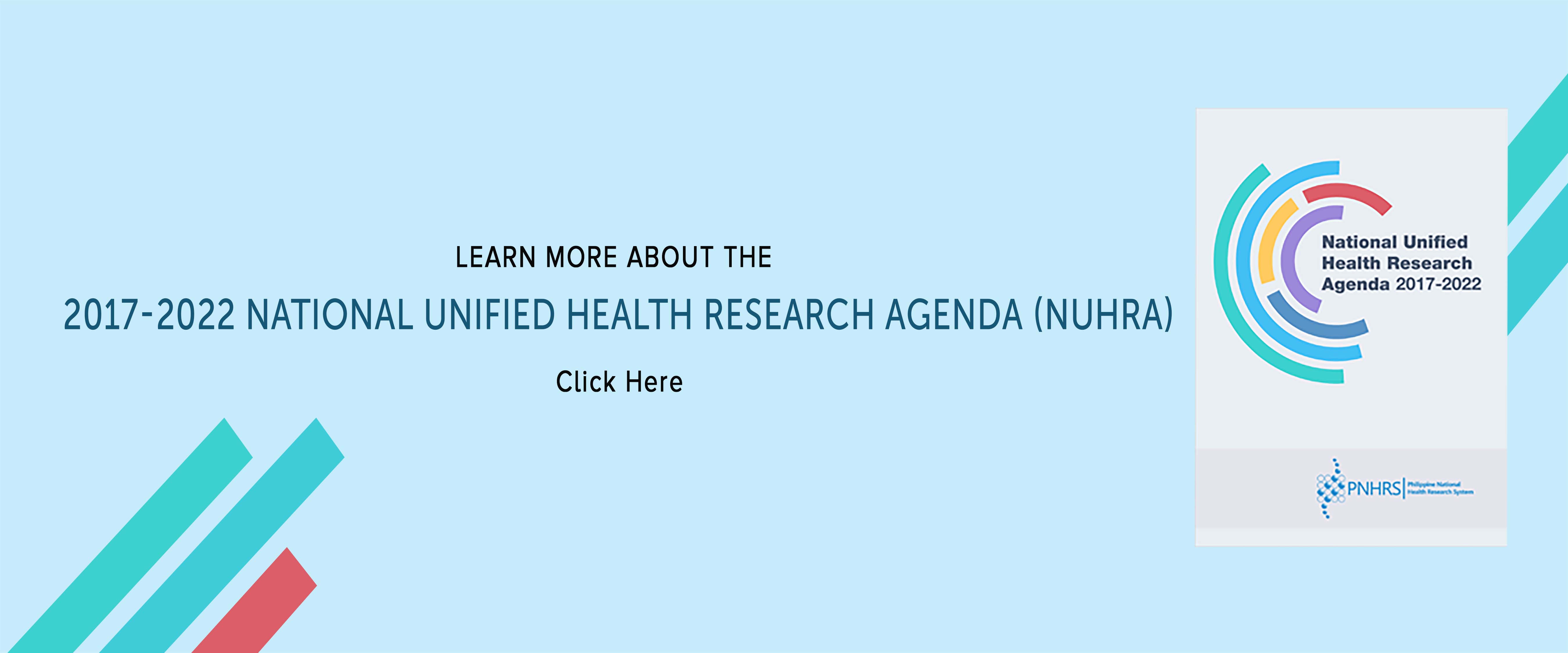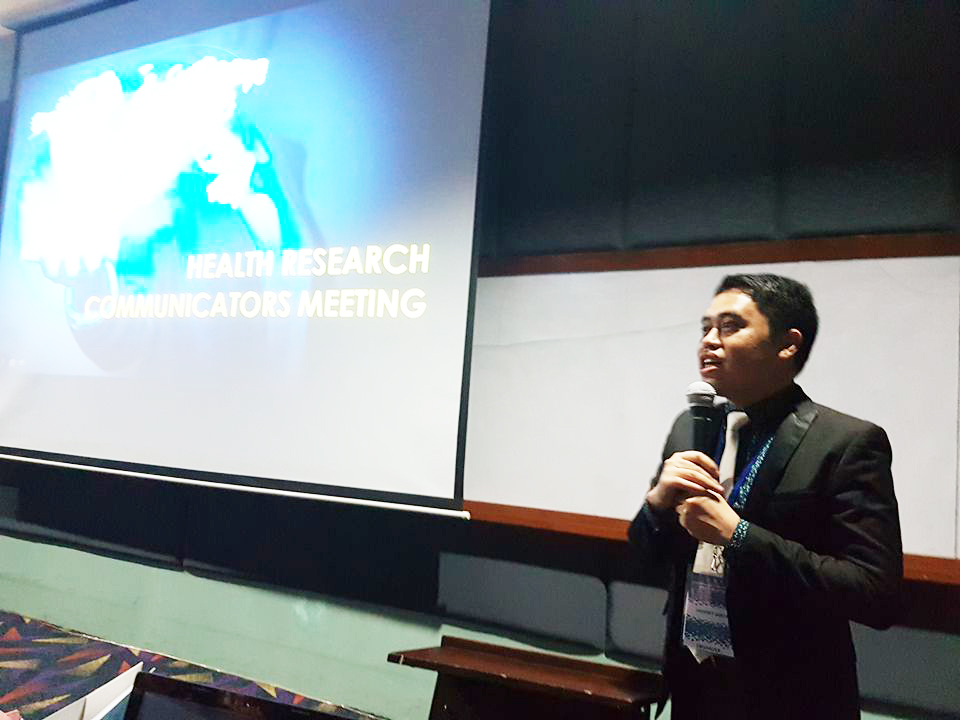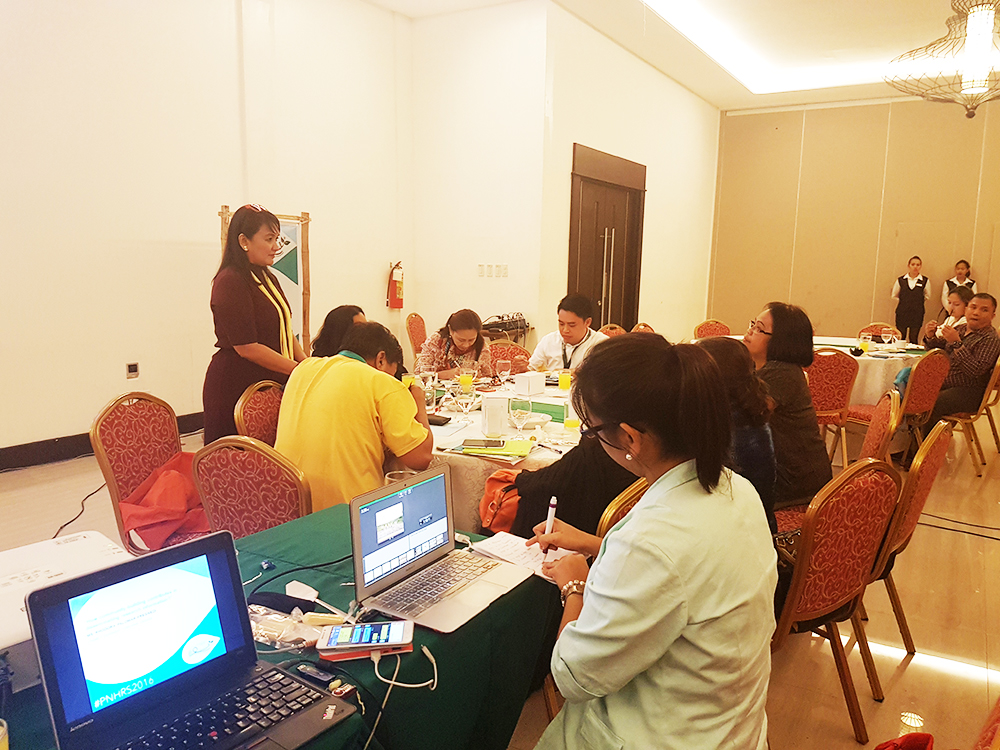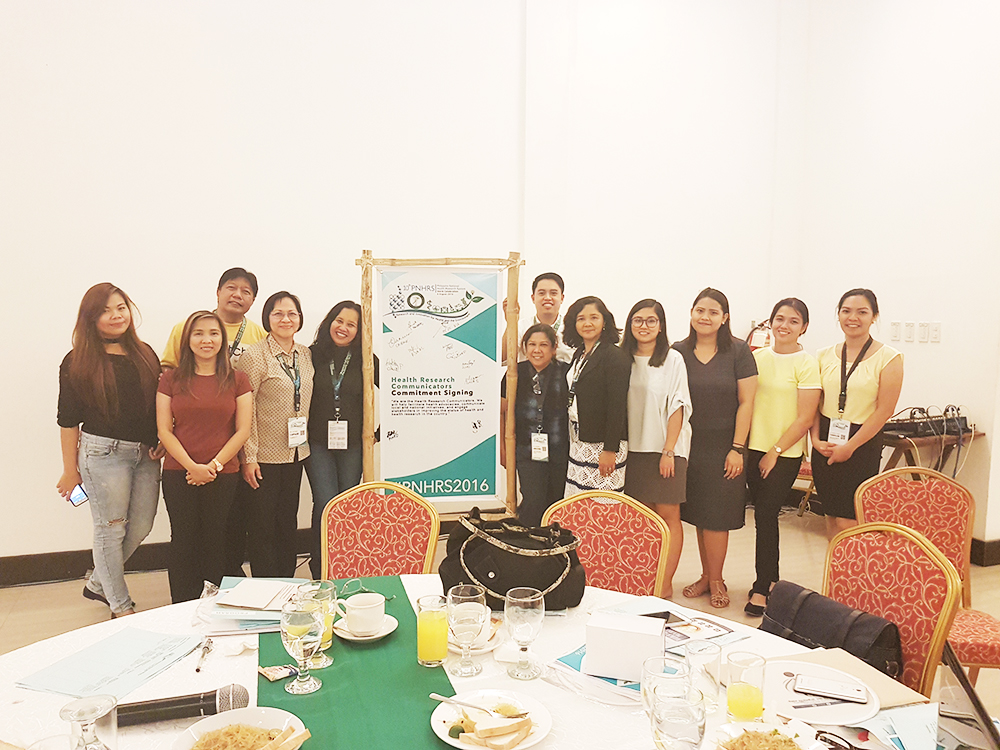News
jnjmnjmn
FOLLOWING the increase of dengue cases in the Summer Capital, the University of the Cordilleras will pilot test several barangay for its Geographic Information System-based dengue and epidemiology system.
The GIS dengue based surveillance system, according to Engr. Nathaniel Lubreca is geared towards providing the public with a real time picture of dengue cases in the 128 barangays to help health authorities and city officials come up with possible solution on the dreaded disease.
Lubreca, who heads the dengue surveillance system team, explained the operationalization of the system will start within the next few weeks expected to be completed within five months.
"We hope to provide the public a clearer picture on how the dengue surveillance system works for those in the barangay level for them to became aware of dengue cases in their places," said Lubreca.
Lubreca added the GIS-based surveillance system will be able to identify areas where there are clustering of dengue cases and where there are outbreaks among others.
The project is being spearheaded by the UC College of Engineering, in coordination with the Philippine Council for Health Research and Development of the Department of Science and Technology, the Department of Health, the City Health Services Office, the Cordillera Health Research and Development Consortium and the various universities and colleges in the region.
Funded by a P500,000 grant from the Philippine Council for Health Research and Development of the Department of Science and Technology, UC will implement the dengue surveillance system project which is expected to serve as a template in the establishment of similar surveillance software's in other areas interested to put in place such system for real time monitoring purposes and guidance to policy-makers and decision-makers both in the local and national levels.
Lubreca added the upgrading of the surveillance system will be a continuing process to improve and innovate the system and conform with the prevailing trends on the proliferation of dengue and its adoptability to current weather conditions.
Source: http://www.sunstar.com.ph/baguio/local-news/2016/10/02/uc-launches-gis-dengue-surveillance-system-501149
Who are we?
SHARE is a community of communicators who believes in the power of communication to share health researches, health advocacies, and local and national health initiatives strengthening the status of health and health research in the Philippines.
What do we do?
We share programs, activities and initiatives that strenthen the status of health an dhealth research in the country. We share health stories with a purpose. We share #healthresearch.ph.
Help us reach more stakeholders by writing and sharing #healthresearchph stories!
We encourage you to write and share health researches, health advocacies, and local and national health initiaties. We are very much excited to read your story and share it to more people.
Email your story to This email address is being protected from spambots. You need JavaScript enabled to view it. with your name, affiliation, contact details, and brief description of who you are.
Let's all share health stories with a purpose!
The Regional Unified Health Research Agenda (RUHRA) defines the research priorities of a region, taking into consideration its peculiarities and local context. To date, there are 17 RUHRA from the 17 RHRDCs in the country.
Click here to view the RUHRA.








